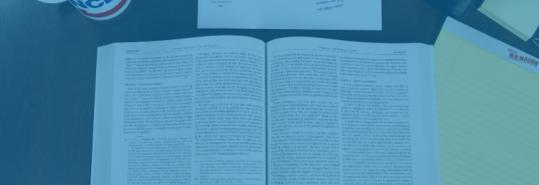HUD Removes Significant Obstacle to FHA Mortgage Loan Modifications
This article explains that a June 29 HUD policy change eases the path for FHA borrowers to seek a loan modification even where a co-borrower cannot execute the modification because of death, divorce, separation, domestic violence, or other life events. Also covered are similar Fannie Mae and Freddie Mac policies, and borrower tactics when servicers require participation of unavailable co-borrowers.
